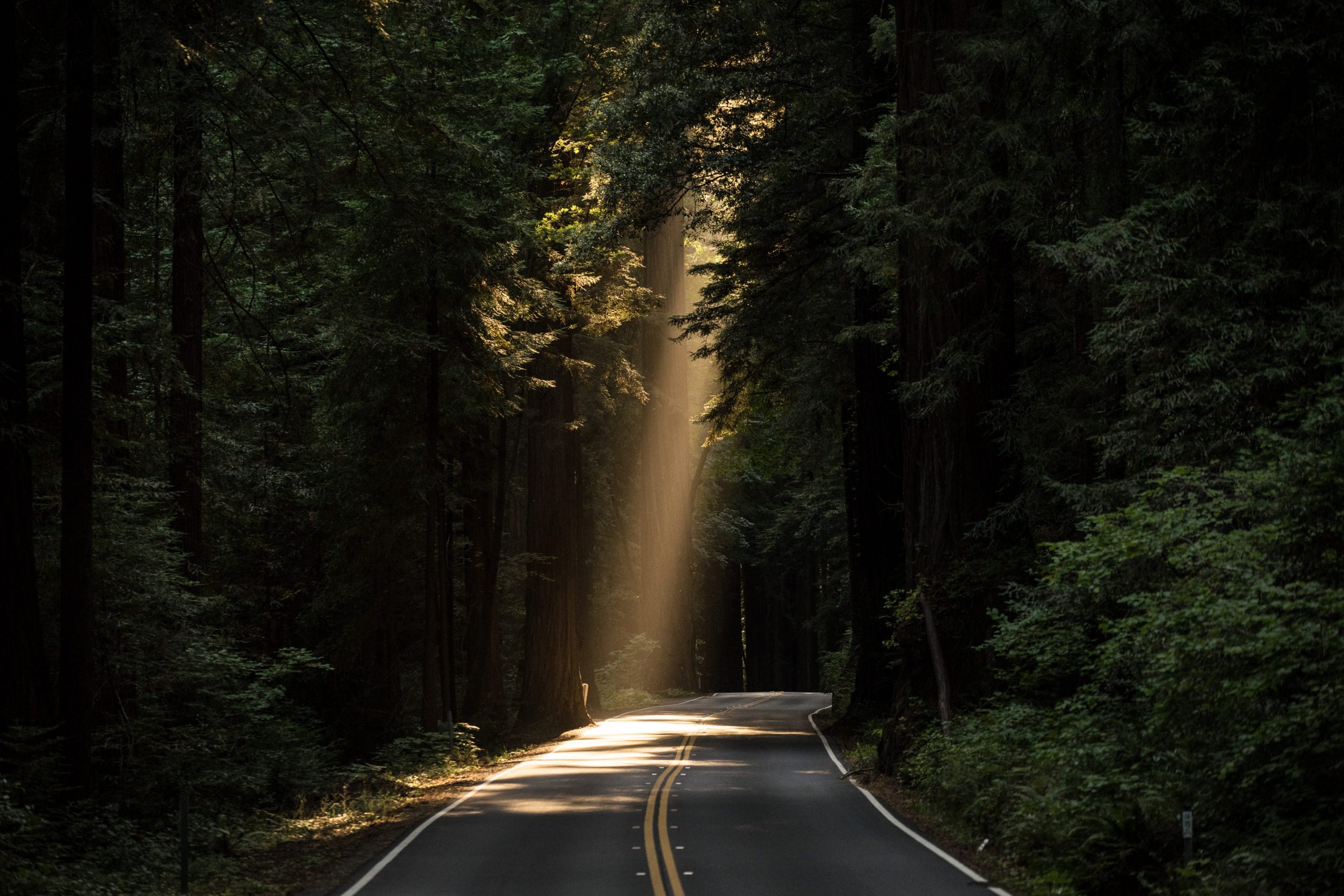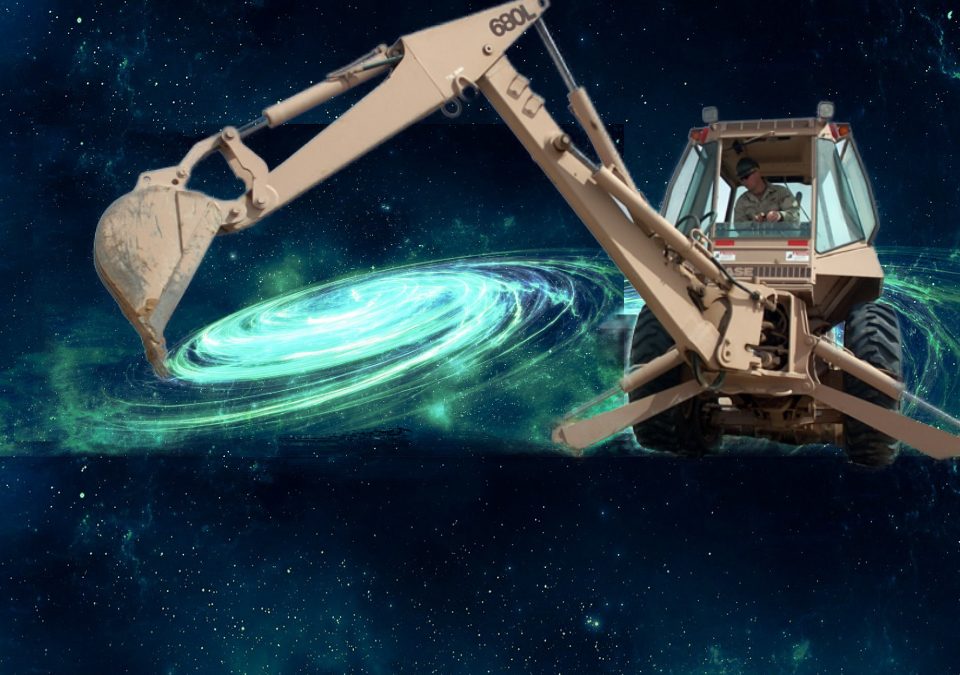
Extinction Catastrophe and the Covid-19 Pandemic
April 21, 2020
Authority and Power on Good Shepherd Sunday
May 1, 2020If God created the world, why create it so perversely as to put the coronavirus in it? Couldn’t it have been left out? Questions like this are often used to argue against the existence of a creator god who is both wise and caring.
This post focuses on the limits to human knowledge. We do not know enough to answer these questions decisively.
In Stephen Davis, Ed, Encountering Evil (1981), Frederick Sontag rejects the idea of a good creator god:
I can easily conceive of better worlds than the one we occupy, and I find it quite clear that our present system is wasteful in achieving good results for everyone (if we accept this as God’s intent).
I cite this because it is typical of modern western culture. Every culture has presuppositions about what people can know. Ours is unusual; we expect to know more than other cultures have believed possible.
How much can we know?
Of course we can all conceive of better worlds. We can also conceive of flying pigs, our perfect partner and a birthday present of a trip to Mars. It doesn’t follow that they could actually exist, let alone that a good god would provide them. Yet this kind of conceiving is part of our culture: we like to imagine that developments in robotics or cloning or some other technology will make possible what today can only be conceived.
Similarly, Sontag finds it ‘quite clear’ that ‘the present system’ is wasteful. Here the arrogance endemic to modern society is even clearer. Neither his mind, nor anyone else’s, is in a position to know whether any other kind of universe is possible. We have nowhere near enough knowledge to create a universe at all, let alone one as complex as the one we are in.
This arrogance has a history. It was popularised in the eighteenth century ‘age of reason’. In the 1830s Auguste Comte developed it as a theory of knowledge and gave it the name ‘positivism’.
The theory was that human knowledge is based on science, and science is based on people observing and measuring how the universe works. Science produces ‘facts’ which, once known, are established with certainty for all time. All other claims to knowledge are mere ‘belief’, ‘opinion’ or ‘theory’. The corollary was that anything that cannot be observed and measured must be deemed non-existent. In other words, everything that exists can be known by scientists.
A century later the theory was in tatters. While it turned science into the only reliable source of knowledge, science itself doesn’t work like that. Science operates with ‘the best available hypothesis’ at any one time. It was, and still is, coming up with new entities which cannot be observed but are so far the best way of explaining what we do observe.
The nineteenth century hope was that one day scientists would have the universe sewn up. In practice the universe has proved more and more complex. The more puzzles scientists solve, the greater the number of unsolved puzzles are still out there.
Unfortunately, positivism remains popular. It keeps alive the fantasy that scientists are in the process of learning everything about everything. As long as that fantasy is retained, it will seem credible that one day scientists will be able to create a universe just as complex as this one, but better.
Things above reason
This fantasy characterises modern industrial society. Other societies have accepted that they do not know all about how the universe works. Human society, however many research scientists it has, will never know how to create a universe as good as this one, let alone better. As evolutionary psychologists argue, the human mind hasn’t evolved to tackle questions like this.
Before the industrial age, medieval scholars analysed the limits to our understanding. They distinguished between things that are above reason and things that are contrary to reason. We can normally be confident that things contrary to reason are untrue. If they turn out to be true after all, we do not abandon reason; we ask ourselves where our reason went wrong.
Meanwhile there are many truths which are above reason, simply because human reason isn’t equipped to access them.
To take a modern example, Newtonian science established the four dimensions of space-time. Recently theoretical physicists have found that there are more – probably somewhere between ten and twenty. We do not directly experience these other dimensions, but they interact with us enough for researchers to spot them.
In principle these other dimensions may, for all physicists know, include somewhere for the afterlives of humans, or for billions of angels or elves to flit about, or for information accessible to clairvoyants. I am not arguing that they do. My point is that we do not know.
Conclusion
The positivist mind, once a promoter of science, now fails to see what science reveals. Once it was possible to believe that scientists would eventually understand the universe so well that they could see ways of improving it. Those days have gone.
So when sceptics claim that a good god could have created a better world than this one, a world without such things as the coronavirus, they are claiming to know what they cannot know. The world we live in is the only one we know about. We may regret the restrictions it places on us, but we are in no position to think we could have done better.
The world is run by forces beyond our understanding. It helps if, despite everything we dislike, we feel able to trust them.





4 Comments
Excellent article, thank you
Yes. I like this. Nicholas of Cusa called it ‘docta ignorantia’ or ‘learned ignorance’. Knowing that we do not know can be the beginning of wisdom. It guarantees the need for some ‘cognitive humility’, both in faith and just about everything else.
I see the consistency in the argument, but feels like a retreat into “we don’t know”, which isn’t the best thing to offer someone asking a heartfelt question about the nature of God, the universe and their lived experience of suffering. Of course we have limits to our knowledge, but if it’s the first thing we wheel out when presented with a genuine question, those wondering what our truth is will go away empty.
I prefer to look at the Best Possible World argument from the angle of necessity, that some truly marvelous things, which the world would be diminished if it did not contain, are only possible if there are some negatives to facilitate their creation. Imagine a world in which there was no suffering, no struggle, no pain or loss. It sounds good on the surface, but it would be a world without compassion, without sympathy, without the need to care for one another. Such a world could only contain independent, isolated, uncaring people, because there would be no point in helping each other if we were all self-sufficient and completely satisfied. That is not the world of the Christian Gospel. Instead we are in a world where we need to be mindful of each other, need to attend to the consequences of our actions, where we are dependent on each other in a complex web of relationships. We find ourselves in a world where we have the capacity to love, or not love should we so choose, where we can have sympathy for those who suffer, and be comforted when we struggle. This sort of world allows the nature of God to be experienced more fully than one where we have no need of each other. It is a world of relationship and compassion, one where we are free to make choices and live with the consequences – the sort of world the Christian God would make.
The idea of necessity also helps to unlock other responses to specific sufferings. Earthquakes are necessary, if you want a geological system which renews the crust of the earth and creates minerals that can be utilised for advancing human society. No earthquakes, no advanced society. Cell division is necessary if you want the human body to grow and repair itself. Perhaps cancer is a necessary, if awful, by-product of such a biological blessing? If human beings are given free will as part of the best possible world God could have made, that necessitates that we can abuse that freedom and make bad choices, with persecution and cruelty arising as a result. If you want a world without human cruelty, you have to have a world without human freedom. Is that the best of all possible worlds?
We should be honest about the limits of human knowledge, but we should also offer what arguments the Christian tradition has furnished us with to respond to the most profound questions of the day. We may only know this particular universe, and say any alternatives are fanciful, but we can still look at how this universe and make statements about the God who has made it.
Thanks Nic. I am happy with what you say. That too has limitations though – it isn’t an adequate theodicy on its own. One then has to ask what are the limitations on God. Leibniz argued that this is the best possible world because better one’s aren’t possible. This gives rise to the saying ‘The optimist claims that this is the best possible world: the pessimist fears that the optimist is right’. So I think one of the believer’s responses (though not the only one) has to be recognising the limits to what we can expect to know.